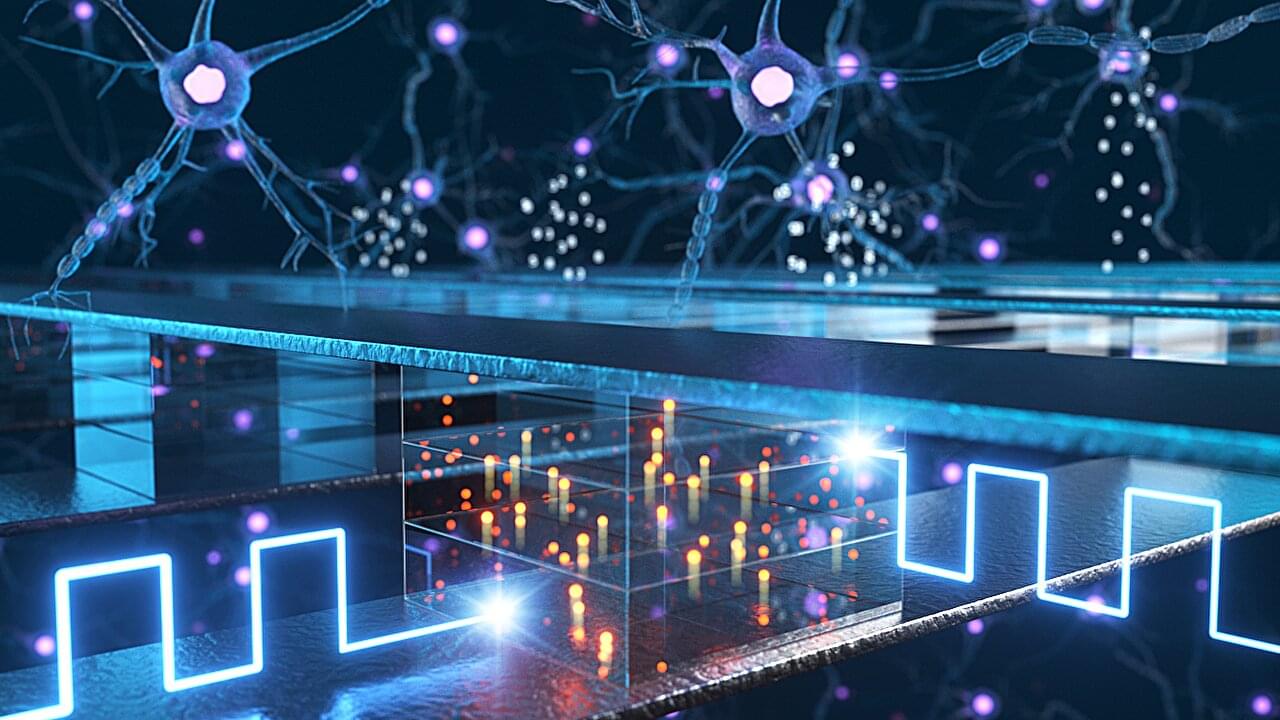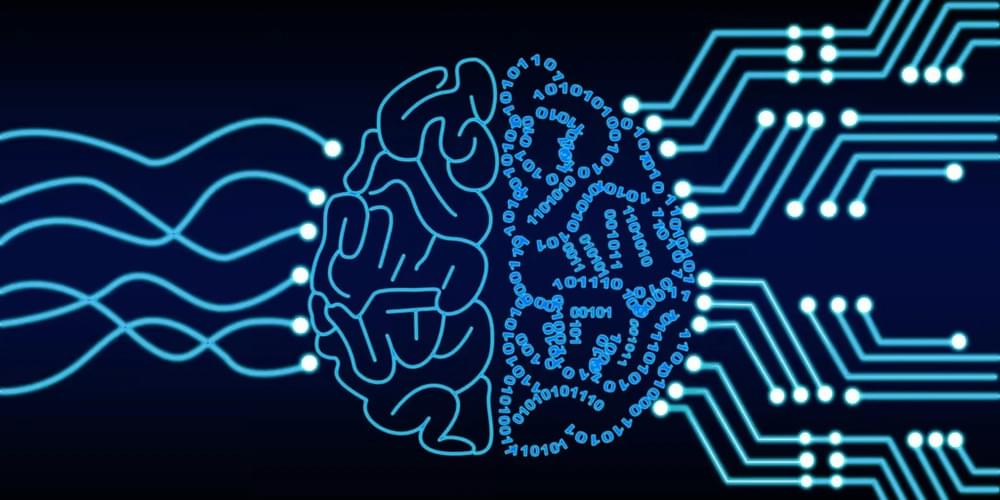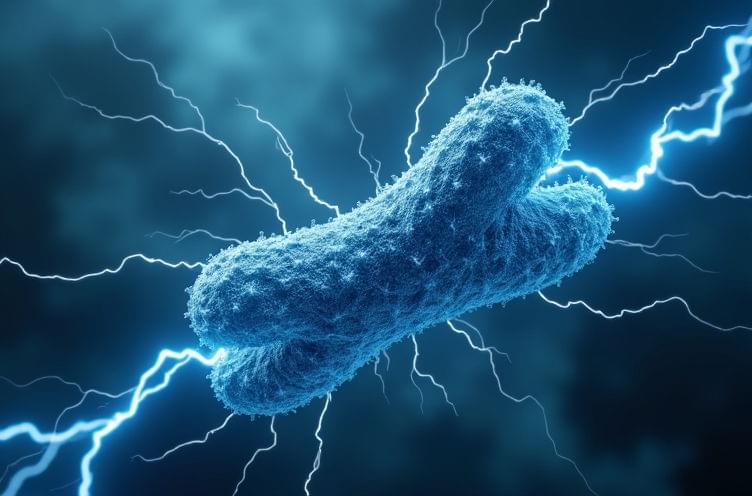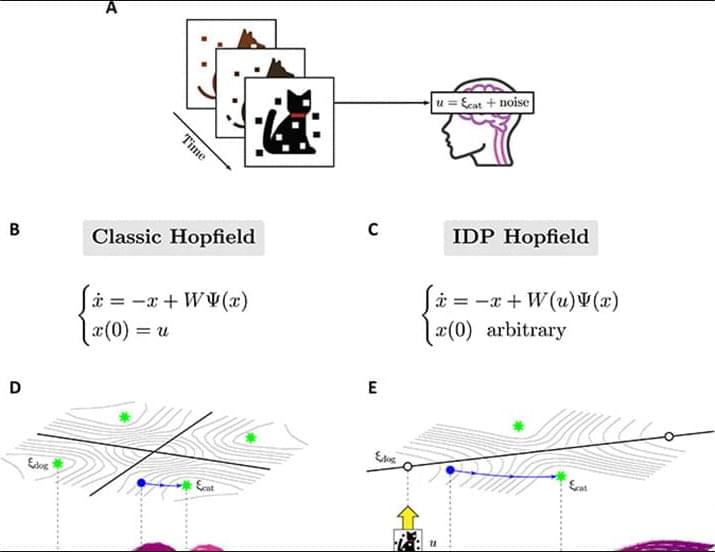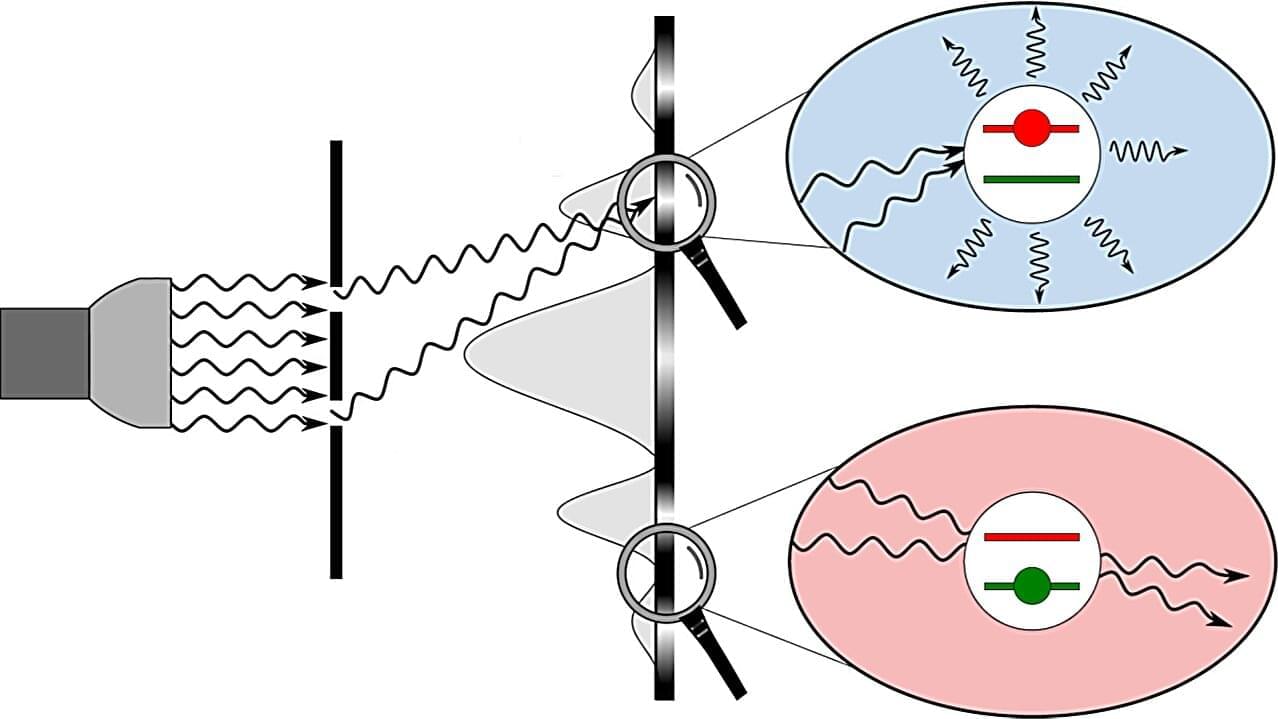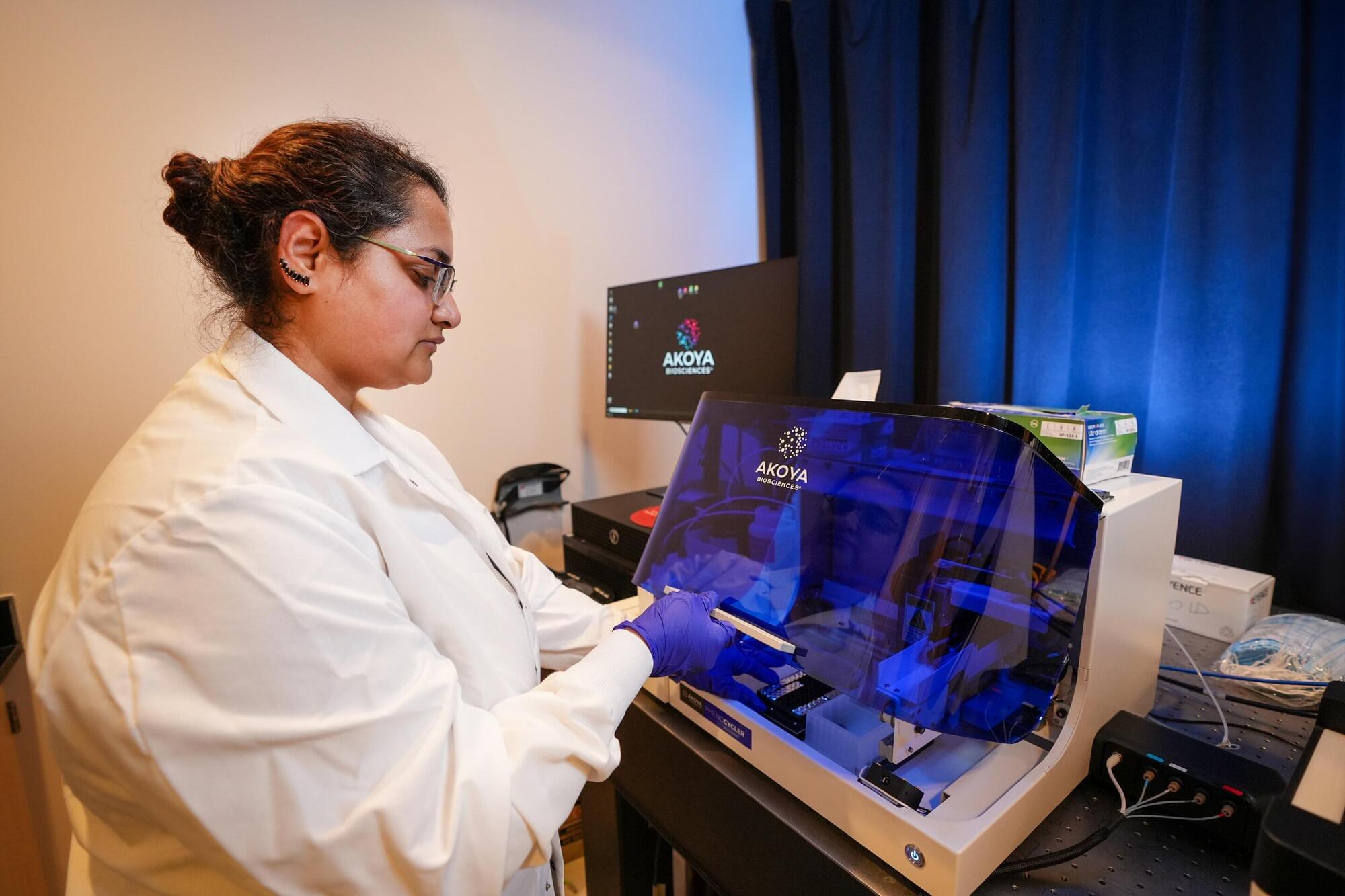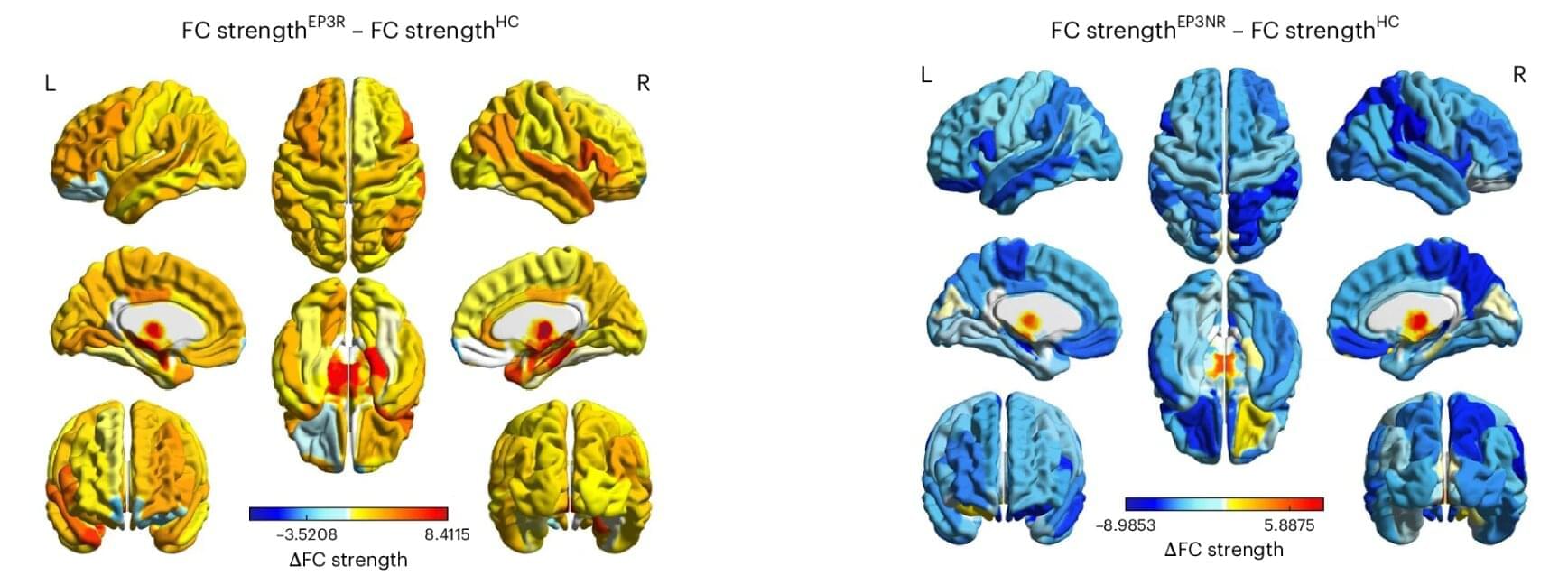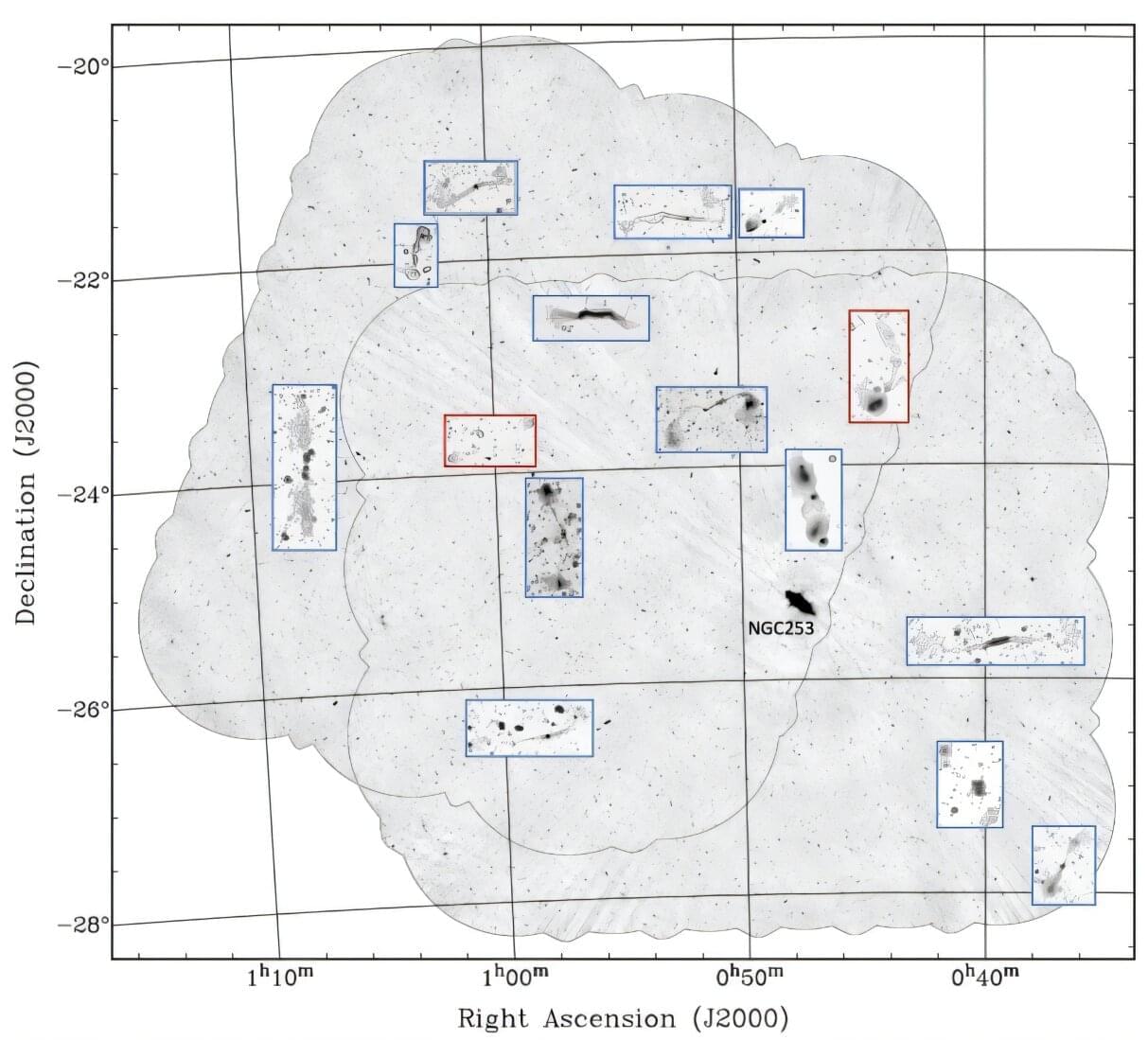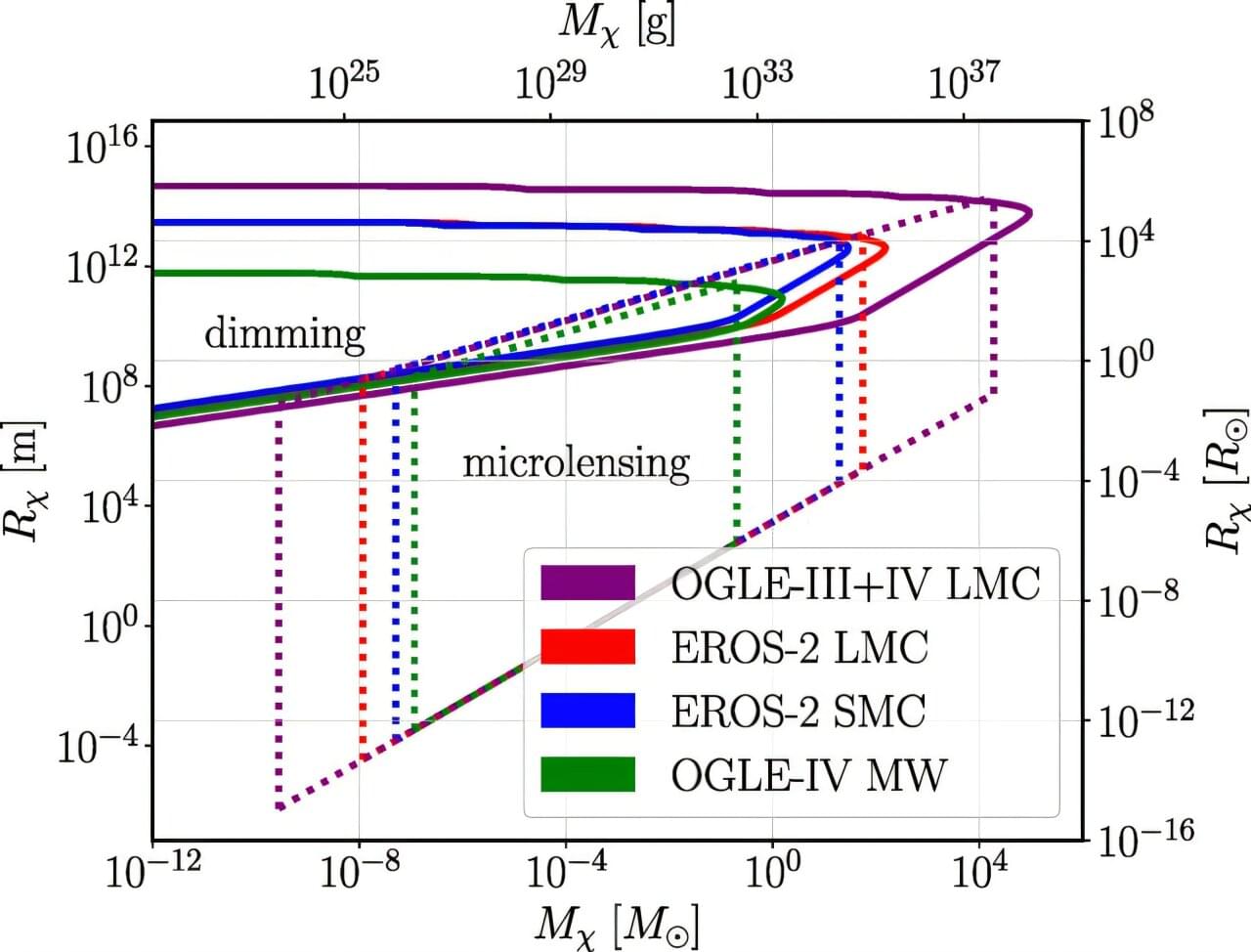As artificial intelligence (AI) continues to advance, researchers at POSTECH (Pohang University of Science and Technology) have identified a breakthrough that could make AI technologies faster and more efficient.
Professor Seyoung Kim and Dr. Hyunjeong Kwak from the Departments of Materials Science & Engineering and Semiconductor Engineering at POSTECH, in collaboration with Dr. Oki Gunawan from the IBM T.J. Watson Research Center, have become the first to uncover the hidden operating mechanisms of Electrochemical Random-Access Memory (ECRAM), a promising next-generation technology for AI. Their study is published in the journal Nature Communications.
As AI technologies advance, data processing demands have exponentially increased. Current computing systems, however, separate data storage (memory) from data processing (processors), resulting in significant time and energy consumption due to data transfers between these units. To address this issue, researchers developed the concept of in-memory computing.
